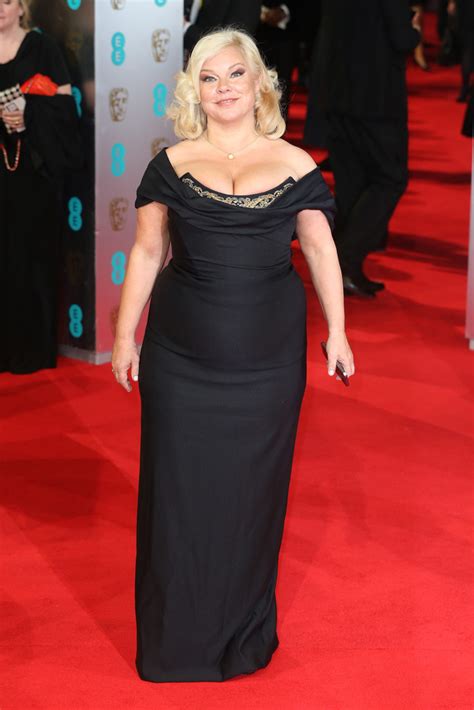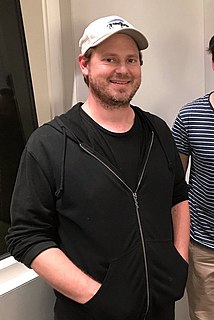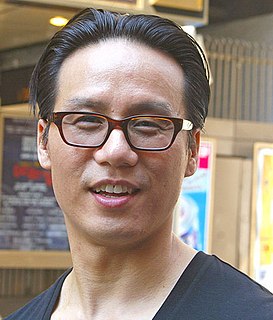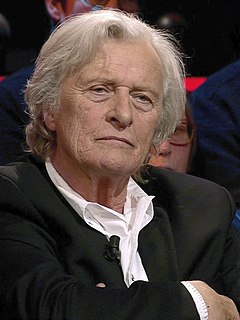A Quote by Alison Owen
Movies alone have the hideous capacity to do everything for you. So in directing movies, you have to figure how to leave things out - because when you leave things out, you evoke the imaginative participation of the audience.
Related Quotes
I think there are things that aren't represented in movies that are a big part of everyone's life. We romanticize everything about people in movies. One of the things I don't like in movies is that people feel alone with their bodily functions in the real world, as if people in the movies don't do these things.
Certain movies that are trying to evoke history are just like being in an antique store, and all you notice is that all the stuff has been gathered together, and it feels like a pile of antiques. How can you think that that will evoke the past? It doesn't even have to evoke anything, but anyway, it's how we're living. It's this moment where nobody has to immediately think too much about how things are being documented. It's a great time.
The Lockean assumption that if we put our labor to it then it becomes our own is totally fallacious. We have to figure out how to leave things alone, and build an economic system that's not built on a linear model, but instead on a cyclical model, because that's the natural world - it's cyclical and not linear. That is going to take a lot of transformation.
I test the movies a lot, and if the audience says they love the movie, we know we're on the right track. And if they tell me they hate it, I try to figure out what I've done wrong. But every time out, the audience wants me to go deeper, they want to know more about the characters, and they don't want these movies to be shallow. So they really urge me to tell them a complicated story, and then when I do so, they're thrilled
It doesn't matter who's directing, or who's doing the movie; there are a ton of things that can go wrong, and they do all the time. So you just have to figure out how to get through it, and then how the director finally puts it together, and then see what the audience takes from it. That's the most important thing to me.



































